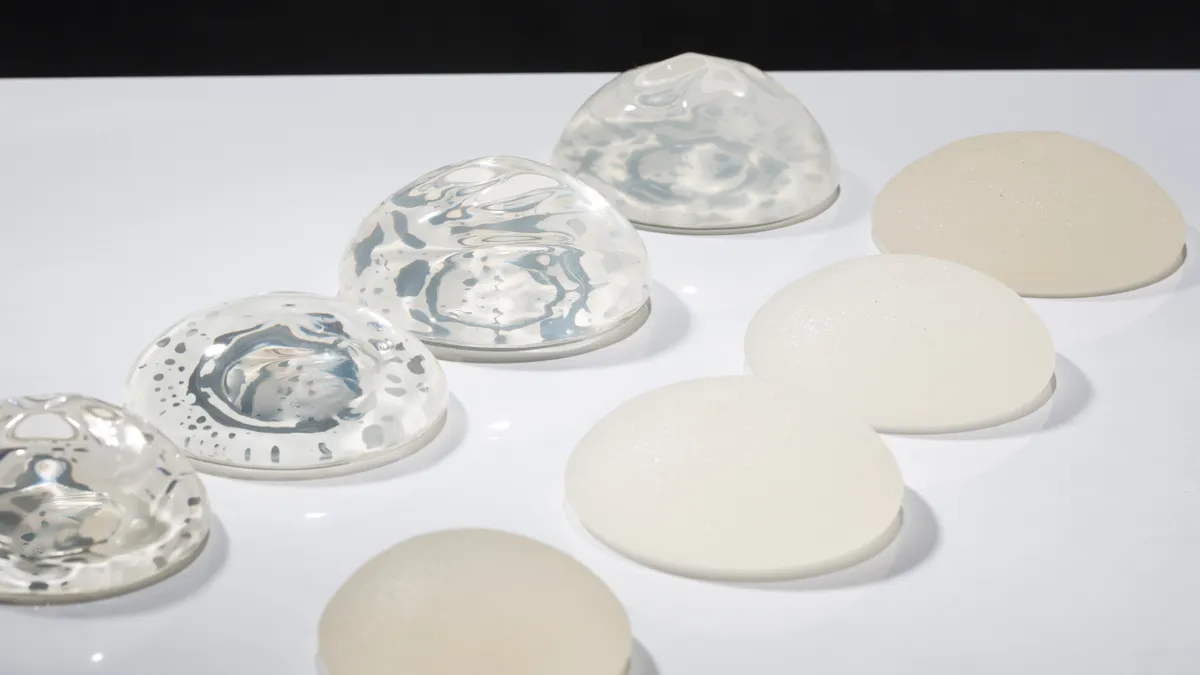Dive Brief:
- The U.S. Food and Drug Administration responded to experts’ recommendations on managing cancer risks in people with breast implants.
- An expert panel convened by the American Association of Plastic Surgeons (AAPS) said in a statement published on Tuesday that it may be “considered reasonable” to remove textured breast implants to reduce the risk of a rare cancer while noting that the question of whether removal is “advisable” is at the discretion of the surgeon and their patient.
- The FDA responded Wednesday, stating that “prophylactic removal of textured implants is not recommended in asymptomatic patients” because the cancer they are linked to is “uncommon.”
Dive Insight:
The FDA requested the immediate withdrawal of Allergan’s Biocell breast implants and tissue expanders in 2019 in response to cases of breast implant-associated anaplastic large cell lymphoma (BIA-ALCL). The Biocell devices are macrotextured implants, a design that studies have linked to a higher risk of BIA-ALCL than textured and smooth-surface devices.
A group of experts convened by the AAPS reviewed the evidence on each type of implant to inform a consensus statement on BIA-ALCL that was published in the Plastic and Reconstructive Surgery journal this week, which included 12 recommendations.
The experts said the prophylactic removal of macrotextured breast implants “can be deemed reasonable” because of the potential for risk reduction. The removal of any type of textured implant may also be considered reasonable, according to the statement, if performed after the implantation of “a risk stratification and surveillance plan.”
The final decision about whether to remove an implant “should be shared between patient and surgeon following an evaluation of the patient’s goals balanced against the perceived benefits of the surgery and an individual surgical risk assessment,” according to the statement.
In response, the FDA, which has consistently recommended against prophylactic implant removal, made the case that BIA-ALCL is too rare to support explantation of textured devices in asymptomatic people.
“Individual patients should discuss possible benefits and risks of removal with their health care providers to make an informed decision about their health,” the FDA wrote. “Prophylactic surgery presents a range of risks depending on individual patient risk factors including history and anatomy.”
The removal recommendation is the only conclusion that the FDA addressed in detail. The other recommendations include a call for the discontinuation of macrotextured implants and a requirement for manufacturers to share their internal surveillance data for analysis. The experts see no need to change the use of smooth-surface implants.
Correction: A previous version of this article attributed the statement to the American Association of Plastic Surgeons. The group was also not correctly referred to as the AAPS.












